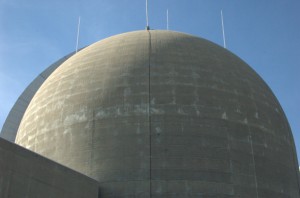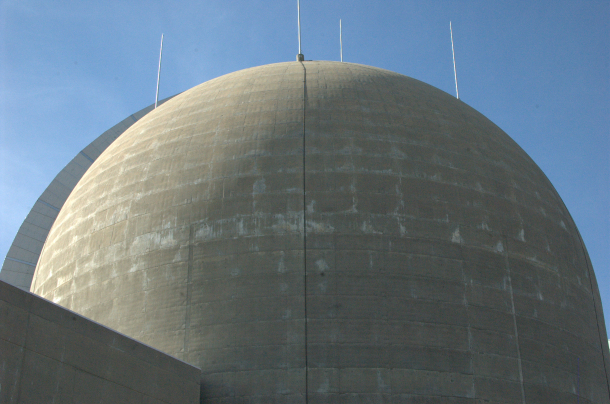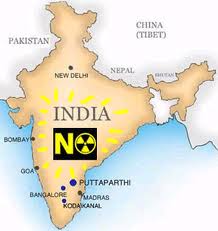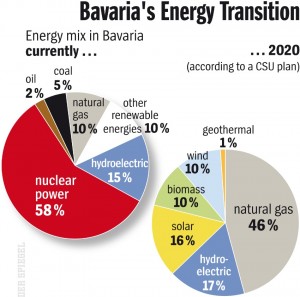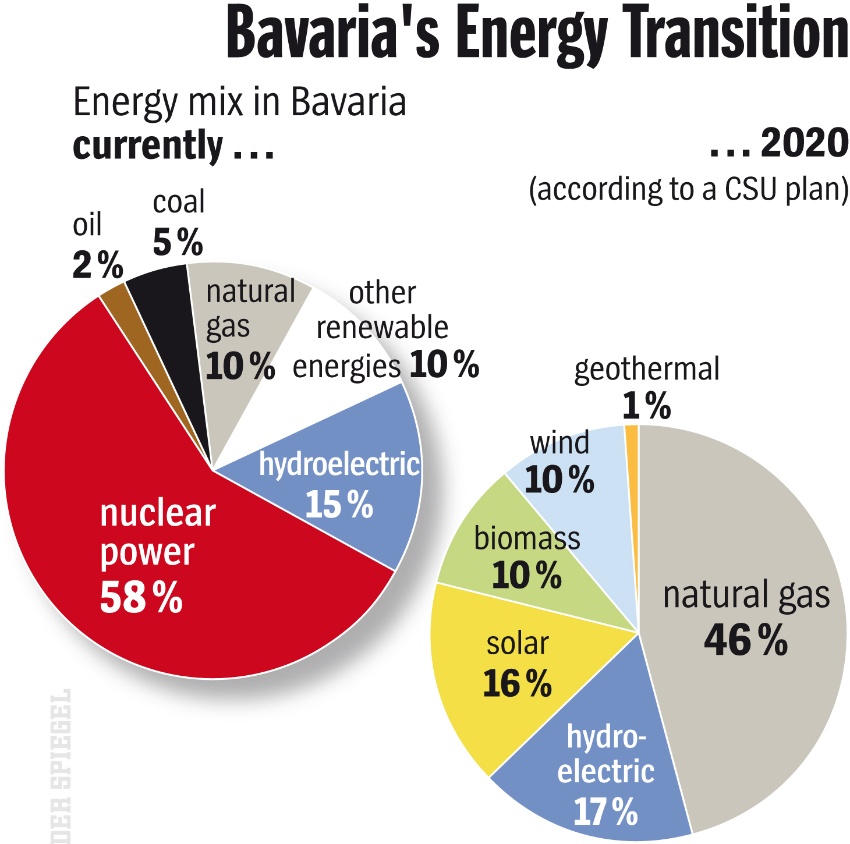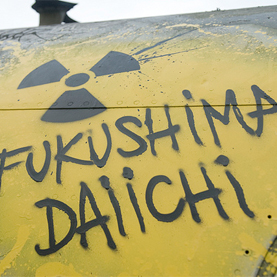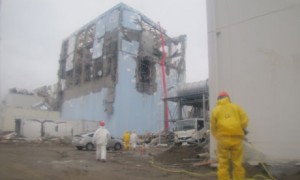Among the world’s most developed countries, Germany seems to be on the right track concerning renewable energy production. The country’s renewable resources have been used more than the classic ones this year, reports BDEW, Germany’s Federal Association of Energy.
Therefore, nuclear power dropped to 17.4 percent after Chancellor Angela Merkel had decided to show down the oldest eight reactors, as a reaction to the disaster at Fukushima, Japan. Plans are that by 2022 they’ll have phased out all of the nuclear power plants today in function.
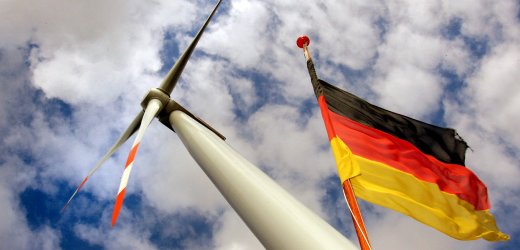

 Follow
Follow